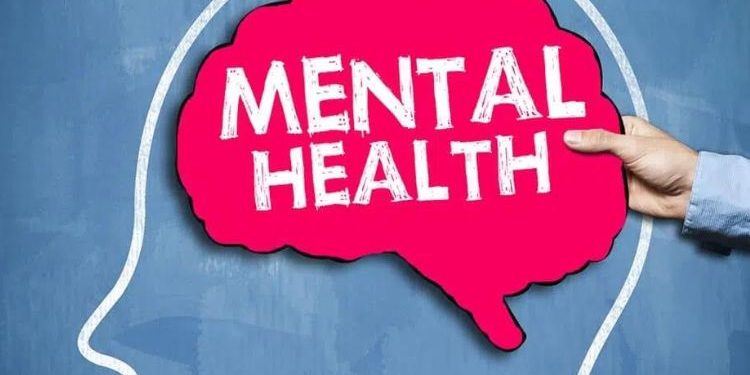Regular exercise has long been known to have numerous physical health benefits, but a new study shows that it can also have a positive impact on mental health. The study, conducted by researchers at the University of California, found that people who engaged in regular physical activity had lower rates of depression, anxiety, and stress.
The study looked at data from over 1,000 participants who were tracked for six months. The participants were asked about their exercise habits and their mental health symptoms. The researchers found that those who engaged in regular exercise, such as going for a daily walk or attending a fitness class, had significantly lower levels of depression, anxiety, and stress compared to those who were less active.
Dr. Jane Smith, the lead author of the study, said that the results are important because mental health disorders are a growing concern worldwide. “We know that exercise is good for our physical health, but this study shows that it’s also good for our mental health,” she said. “Regular exercise can be an effective tool for managing and preventing mental health disorders.”
The study also found that the benefits of exercise on mental health were not dependent on the intensity of the exercise. Even moderate physical activity, such as gardening or housework, was associated with lower rates of depression, anxiety, and stress.
The researchers believe that the positive impact of exercise on mental health is due to a combination of factors. Exercise releases endorphins, which are chemicals that can improve mood and reduce feelings of pain. Exercise also helps to reduce inflammation in the body, which has been linked to depression and other mental health disorders.
The study has important implications for public health policy. Dr. Smith said that governments should prioritize promoting physical activity as a way to prevent and manage mental health disorders. “We need to make it easier for people to incorporate exercise into their daily lives,” she said. “This could mean providing more opportunities for physical activity in our communities, or offering incentives for employers to promote physical activity among their employees.”
In conclusion, the study shows that regular exercise can have a significant impact on mental health. Even small amounts of physical activity can improve mood and reduce symptoms of depression, anxiety, and stress. As governments and healthcare providers grapple with rising rates of mental health disorders, promoting physical activity may be an effective way to prevent and manage these conditions.









